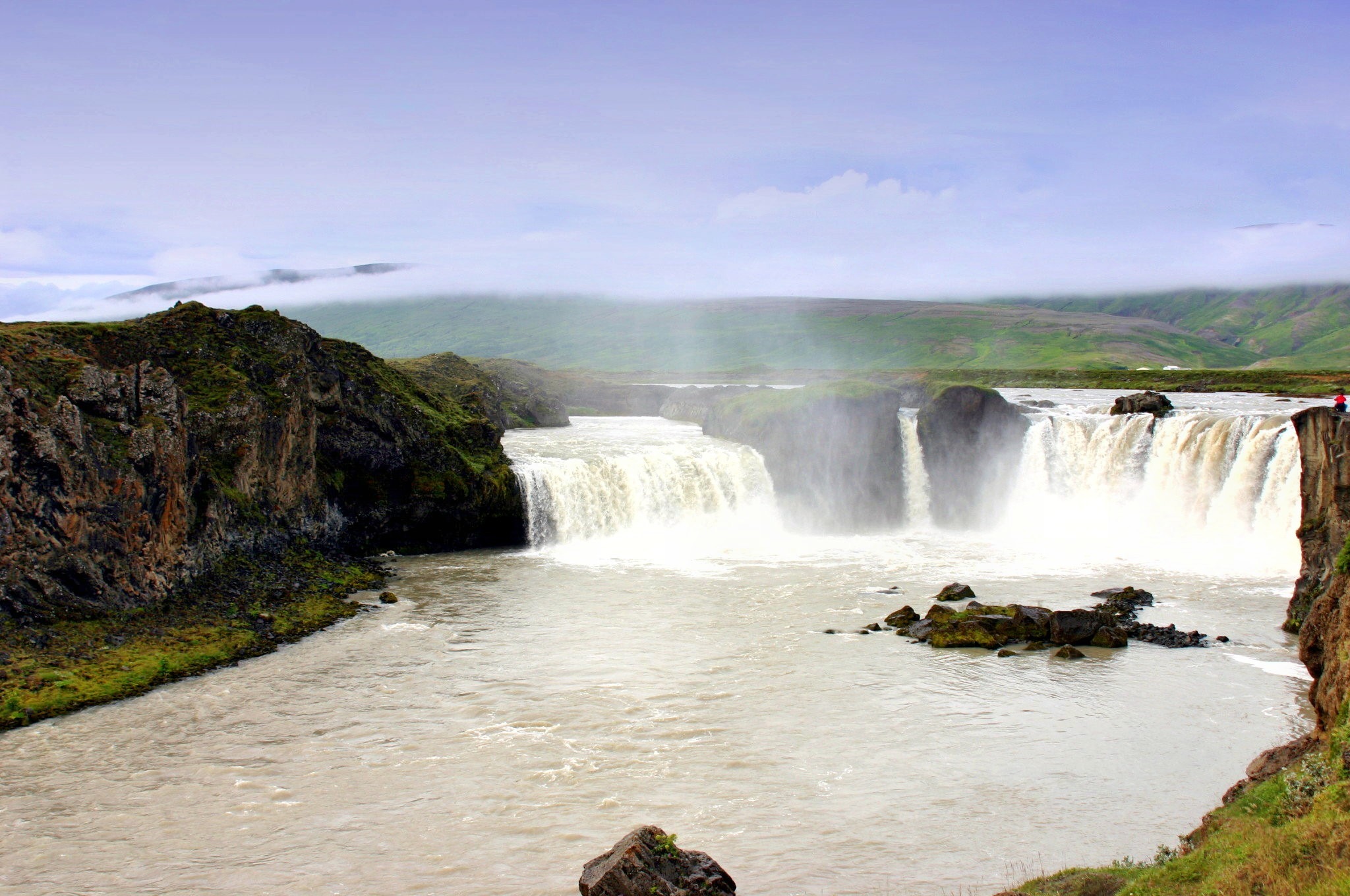Iceland is home to many enterprising businessmen out to conquer the world. This is the story of one such company that despite its size is surprisingly little-known.
Having previously examined Iceland’s skill at the sport of mma we now turn our attention to the business world. Iceland, despite being home to a mere 300,000 souls, is a country that has produced a number of economic powerhouses.
The biggest of these is probably Bakkavor, a London-based company said to be one of the largest private companies in the UK with an annual turnover of close to £2 billion per annum.
The group is run by two secretive Icelandic tycoons, Lydur and Agust Gudmundsson, who formed the group in 1986. Lydur was recently sentenced to eight months in prison in Iceland for his part in the collapse of Kaupthing, the Icelandic bank which was forced into insolvency in the global financial crisis.
The two are not easy to find information on, particularly since Iceland does not operate its own version of the ‘rich list’. In addition they have avoided the high-profile of other billionaires with homes in the UK, something that has no doubt a conscious strategy.
Bakkavor itself is similarly secretive, and it is likely that few Brits have even heard of the company, despite the fact that it employs over 30,000 people and the meals bought by the likes of Waitrose, Tesco and M&S. Indeed if you are reading this from the UK you have probably eaten one of their meals.
No country in Europe loves pre-prepared meal more than the British and it is Bakkavor that have helped to propel this trend since starting their business almost 30 years ago in Iceland.
Indeed while the website claims it is growing fast in Asia, it notes that it holds dominance in 12 of 16 markets in the UK where 89 per cent of its sales originate from.
The company was badly-shaken by the 2008 crash, and last year sold a significant stake of its business to a number of banks that were circling the troubled food giant.
One of the biggest deals ever made by the group was the 2005 acquisition of British ready-meal giant Geest for an incredible £485 million.
This was during the period when Icelandic businessmen developed a reputation as ‘corporate Vikings’ that were particularly keen on taking on debt-fuelled acquisitions.
Why Icelandic businesses were so keen on taking on such big deals is the topic of another article but suffice it to say is perhaps a meeting of local tycoons with London bankers keen to profit from the opportunities available by offering them the tantalising prospect of world conquest.
The Icelandic attitude to their tycoons is suffice it say an ambivalent one. It is fair to say that the tiny nation never expected to develop a reputation for producing billionaires and business magnates intent on growing their enterprises at breath-taking speeds.
A recent book by one of Iceland’s richest men – Thor Bjorgolfsson – tells the story of his ascent from humble origins to becoming one of the richest men in the world.
Indeed unlike the fanfare given to many British billionaires his house was paint-bombed as a result of what some felt were his contribution to the country’s financial woes.
